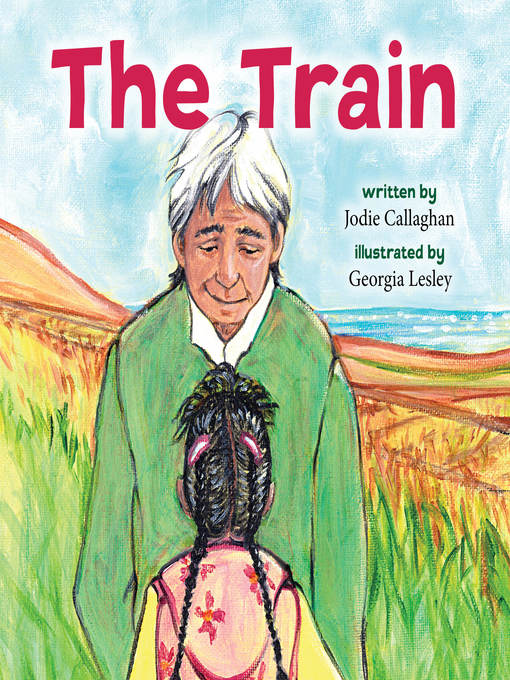- Available now
- Time to Brush Up On Some Classics?
- New eBook additions
- New kids additions
- New teen additions
- Most popular
- Try something different
- Series Starters: Mystery (ebooks)
- See all ebooks collections
- 2025 Audie Winners
- New audiobook additions
- Available now
- New kids additions
- New teen additions
- Celebrity Readers
- Quick Listens
- Series Starters: Mystery (audiobooks)
- See all audiobooks collections
- Home & Garden
- Tech & Gaming
- Business & Finance
- Fashion
- Health & Fitness
- Travel & Outdoor
- Celebrity
- Food & Cooking
- Family & Parenting
- News & Politics
- Photography
- See all magazines collections


